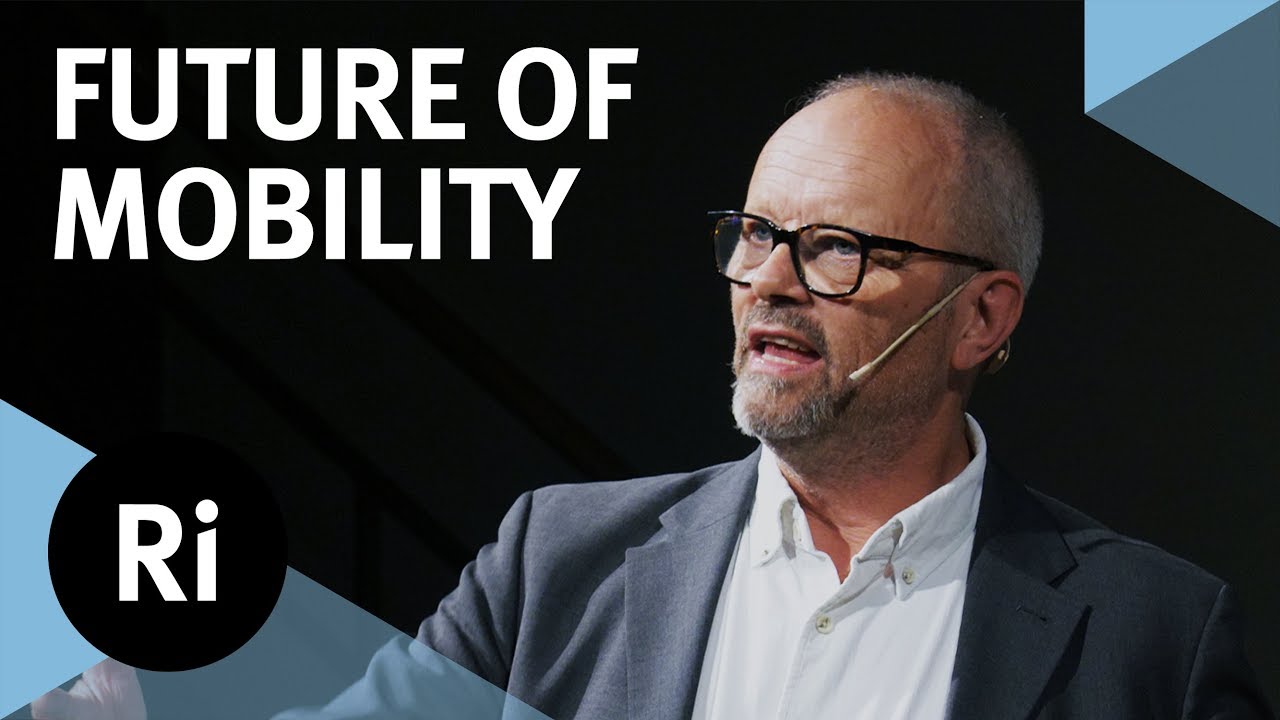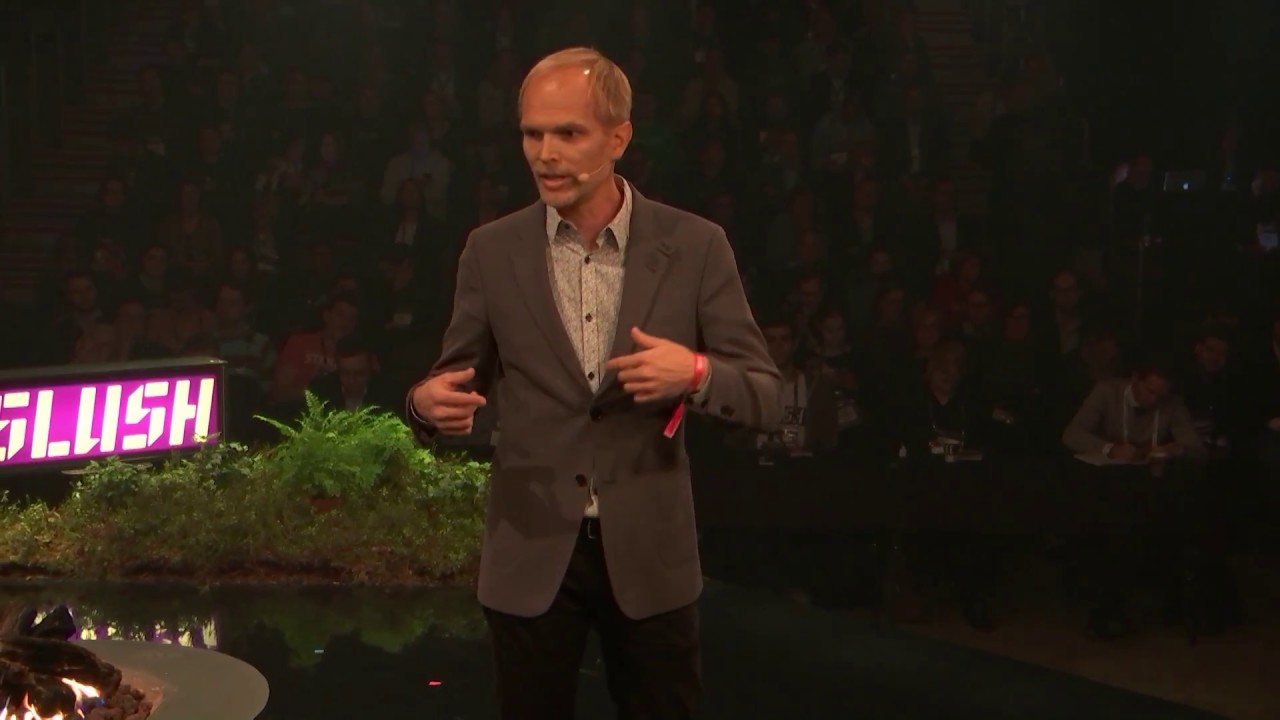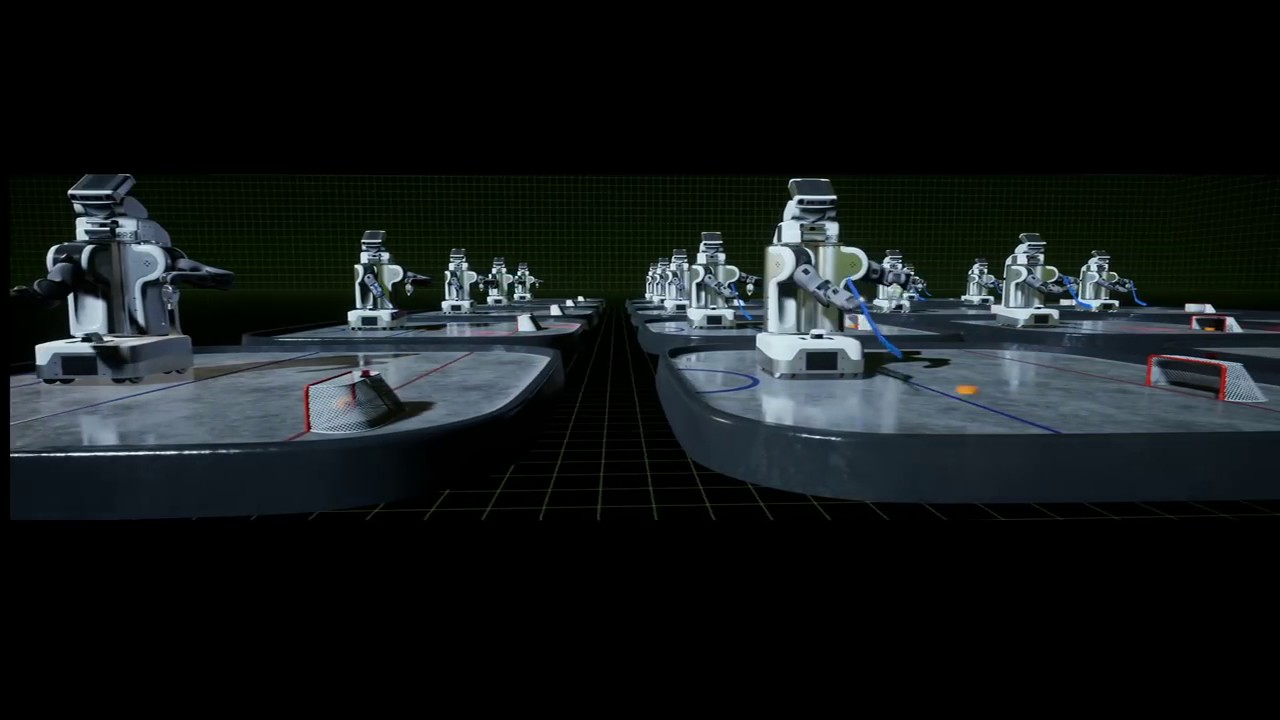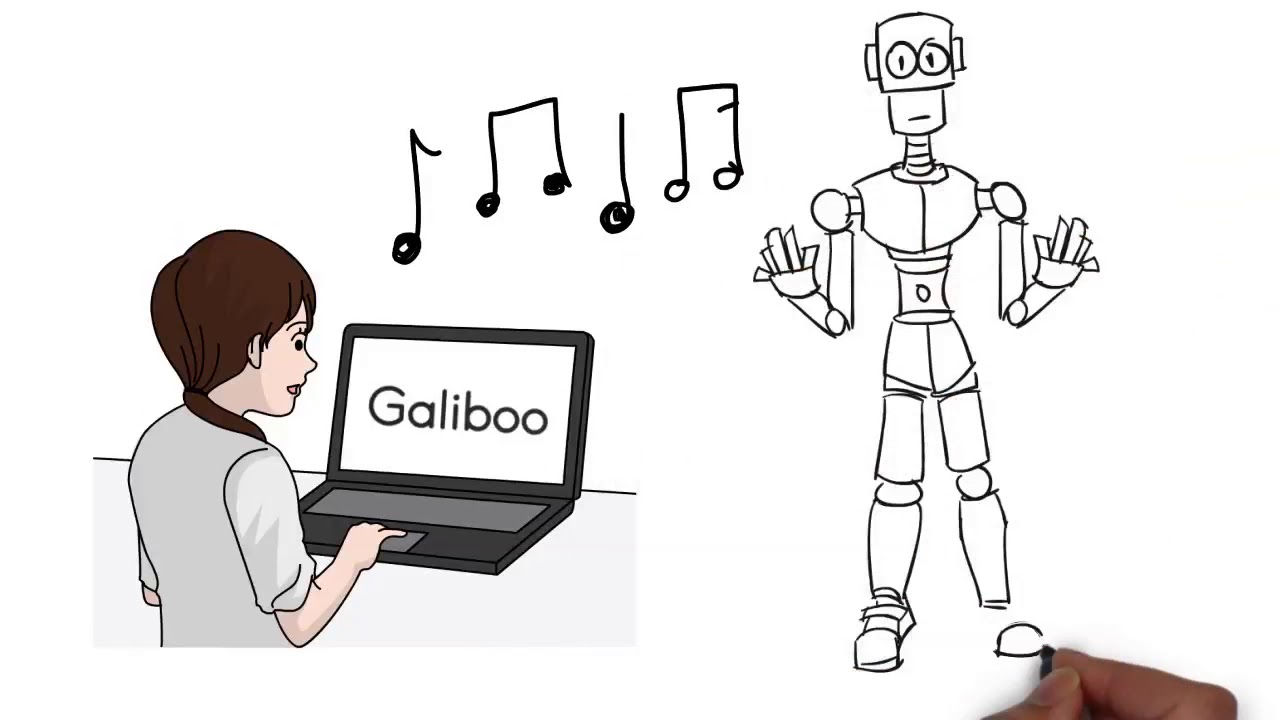The Royal Institution
How will people engage with future transportation systems and how will that affect how people live their lives?
This event is generously supported by The Faraday Institution – https://faraday.ac.uk/
How will the electrification of transport change how we move around in the world of the future? Will autonomous vehicles be a common means of transportation; on road, at sea and in the air? How does the technology work? What are the financial, legal and ethical implications of self-driving vehicles?
Watch the Q&A: https://youtu.be/3lzaR9OrAxk
The presenters in order of appearance are:
Robert Llewellyn (chair) – actor, comedian, writer and presenter
Christian Bedford – Head of Legal for Williams Advanced Engineering
Richard Morris – Innovation Lead for Connected & Autonomous at Innovate UK, the UK’s Innovation Agency
Alison Park – Director of Research at the Economic and Social Research Council, and Professor of Social Research at the UCL Institute of Education
This talk and Q&A was filmed in the Ri on 10 September 2019.
—
A very special thank you to our Patreon supporters who help make these videos happen, especially:
Andrew McGhee, Dave Ostler, David Lindo, David Schick, Erik Shepherd, Greg Nagel, Joe Godenzi, John C. Vesey, Kellas Lowery, Lasse T. Stendan, Lester Su, Osian Gwyn Williams, Paul Brown, Radu Tizu, Rebecca Pan, Robert Hillier, Robert Reinecke and Roger Baker.
—
Subscribe for regular science videos: http://bit.ly/RiSubscRibe
The Ri is on Patreon: https://www.patreon.com/TheRoyalInstitution
and Twitter: http://twitter.com/ri_science
and Facebook: http://www.facebook.com/royalinstitution
and Tumblr: http://ri-science.tumblr.com/
Our editorial policy: http://www.rigb.org/home/editorial-policy
Subscribe for the latest science videos: http://bit.ly/RiNewsletter
Source




I didn't like the corporate cutout with his ridiculous dramatic pauses who spoke after Robert. This type of man perspires trustunworthiness.
The first 2 speaker sounded like sales reps for some company. Electric stuff have been around for 20 years. Talk about it all its problems, and offer some solutions. NO, it well not be nice and quiet. Have you heard a quad-copter? Well, multiply that sound by 20 for EACH of the 1000s of those 'flying-solutions" buzzing above you. (lol what a joke) The Prof brought up some real issues, work on those if you truly want to bring about some good change. ADDRESS THE REAL PROBLEMS, AND KEEP YOUR MONEY MAKING SCHEMES TO A MINIMUM.
28:55 This argument "people are anti-social and we should not expect advances in ridesharing unless everyone gets their own compartment" is an absolutely devorced from reality worst-case fantasy. I've flown and taken public transport frequently for decades and even though people often do prefer to be left alone they also like to talk and communicate with others quite a lot, especially on long hauls. I've had nice conversations with hundreds of travelers on every type of transport, there was no agressive elbowing for space, and most people did not require large amounts of space for laptops or miniature train sets. People actually love company, especially in order to feel safe.
Also, my God, man, teach your daughters some courage, self-reliance and self-confidence! If they freak out everytime they have to be next to a stranger they do not belong outside of the house.
I use a new electric ride sharing minibus service where I live, the cars seat 8 people, they are spacious but not segregated, the driver is not locked inside a cabin either and there is a camera in the ceiling. As a registered member you call the bus from an app and just get in and get out as conveniently as can be. And even this man's daughters can use it because every passenger is identified and there are no dark corners for any funny business.
The truth is once people are offered attractive and modern public transport or ride-share they prefer it and choose it happly over their own cars, especially in conjested cities.
13:50 middle east would have been relatively peaceful 😜 at USD haven't been this dominant, less information of USA & UK 😜
London to Edinburgh in 3 and a half hours @ 700mph….Errrrrr. the maths doesn't add up.
I loved the photo towards the end showing a pathway with a barrier across it – and unsightly streak of mud because the barrier excludes people on bicycles from taking the sensible route,
The future of mobility?
Rich people can travel while the rest stays most often in their villages or suburb. Like 200 years ago.
Hyperloop 🙄
Elon musk didn't come up with the "hyper loop" it's a dumb idea from the 1900s and it's not feasible.
"from whole foods" as if that's a good thing? whole foods is owned by Amazon, and they were a terrible company even before amazon bought them. Never cared about the environment, or health, just how much money they can scam from people who do.
If people don't like sharing rides, or using buses, make each car smaller. Buses are on average [much] less efficient than cars, because they're heavy and often mostly empty. Buses are also slower as they need to constantly stop for other passengers.
Like watching a string of TED talks.
I leave it to the reader to decide if that's a compliment or a criticism.
I had to have a silent chuckle when the guy from Williams came on. I'm a big F1 fan and, well, lets just say they haven't done as well as expected the last few years.
Thank you for putting this up none the less. Love this channel.
Hyperloop is bullshit though 😂 😂
Always enjoy Robert, been a follower of Fully Charges pretty much from day 1 and Carpool before that. The others… meh…
Lift your game, RI. Disappointed in this one sided, battery sponsored, shill fest.
I'm very disappointed, is this the best top world engineers can come up with? Nothing presented in this video is a good vision, it's all same old junk packed with even more new junk, totally controlled and dependent by shady government agencies.
What we really need is completely new mentality, cars must became 100% safe to drive, comfortable, cheep to fuel and maintain, affordable for everybody and capable to drive over any kind of roads. They must be ecological and last entire owner's life.
Nobody need 1 tone heavy steel cage to move around, 4 kw of electric energy is enough to push vehicle 60 km/h, by small electric motors in every wheel, powered by batteries and small 2 kw gasoline generator for charging on the go. Simple hybrid like that could drive all day and use maybe 5 liters of gasoline for 1.000 km + traveled distance. Most efficient vehicle is velomobile, i don't mind pedal a bit while driving, it's also good entertainment and fitness. Small vehicles with strong and comfortable driver cabin mean twice as much traffic on same roads, with lower speeds, weight and electronics, worst traffic accidents would became thing of the dark past. Driving would became easy, no need for expensive insurances and special licenses, people could finally go wherever they want and move even if they run out of fuel. But no, they want to build even more same crappy cars, but with even more complicated and unreliable engines, more parts nobody use that brake down all the time, more power and worst accidents, just to be a bit faster, maintain control over population and earn more money. Thank you very much for your vision, very bad job, i don't need you, hope it never come true.
What would have happened if the electric car won the race way back in time ? The towns with diesel generators would still be reading only during daylight hours.
Great to see Bobby at the RI. This man has been instrumental to the adoption of electric vehicles. Love the man.
10 min of bumleming….. I Love TRI,but for the love of G*D,,…..
"Does the model of private car ownership work?" That sentence doesn't even make sense. Why do they let proles like him into that place? He is just one of those brainless peons who latches on to that current confused trend of jibbering about ownership. That's like asking whether private ownership of real estate works, my flat just sits doing nothing while I work, right? 🙂 Instead of mindlessly catering to tabloid politics try to make up your own mind about things…. and guess what it's supposed to be a free choice: if you want to,you can own one, if you don't , than don't. Community travel is already there as a separate choice, it's called mass transport. Mass transport is the greenest way.
Well, that started out well with Robert and went steadily, catastrophically downhill step by step with each one, until the last speaker spent 10 minutes saying absolutely nothing at all.
I want to make a complaint about the comments made by Robert Llewellyn where he makes covert Racist, Sexist and Ageist comments at 22:20. What he is essentially saying is that older straight white men shouldn't ask questions. We live in a society of meritocracy so those kinds of comments go against our values and are offensive.
Possibly, someday… house to autonomous 3-wheeler —> rapid rail —> airport board electric turboprop —> airport —> rapid rail —> city center adult hostel or exurban station to destination via 3-wheeler; then reverse the steps. Bicycle or tricycle could replace 3-wheeler
Does living in a city work?
No.
Electric cars are one of the most meager issues effecting hyper-dense living.
Sit in a container with the engine that generates the electric that powers your electric car for an hour. See how you do against the diesel car owner. Car emissions are dispersed across the country, the energy grid produces concentrated sports that burns holes in the ozone layer overhead.
Make the power grid clean and capable first, then push electric mobility.
Imagine thinking millions of crossing cars stirring up immense turbulence overhead and taking off beside you would be quiet.
This one should be viewed by more people – very interesting!
How about opting for neither revolution nor evolution? On the roads of the sprawled part of a city, leave it in troglodytic state. But where there's potential to learn from failed revolutions, and also for revolution to succeed (something like a new Industrial Revolution?) let there be many small, experimental revolutions.
So do things like banning gas emitters from city centre, and hand this space over to autonomous pods (which could be programmed to form "trains" – and maybe even couple if that makes sense?). Put places significant numbers of people can't avoid going to out of reach of cars (including electric cars).
And start extending this to shopping malls. First you were not allowed to smoke there; now you're not allowed to let you car smoke a thousand packets a day in the parking lot or parkade. Take a pod to the mall if you don't want to walk the last 200m (and then the last mile, etc).
This way, you can try all sorts of variations out, and get some data in instead of just good ideas that might still fail.
And where an experiment looks successful, "expand its territory". Spiral around these centres until you have overlaps that create their own dynamics.
"Why do we still use the term 'horsepower'" – we don't.